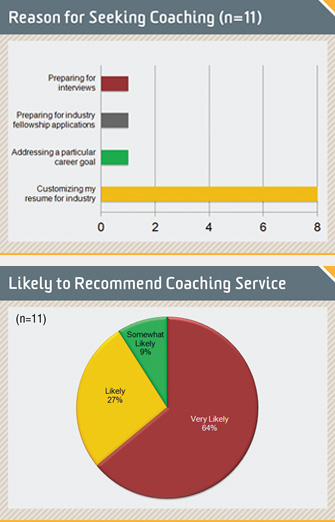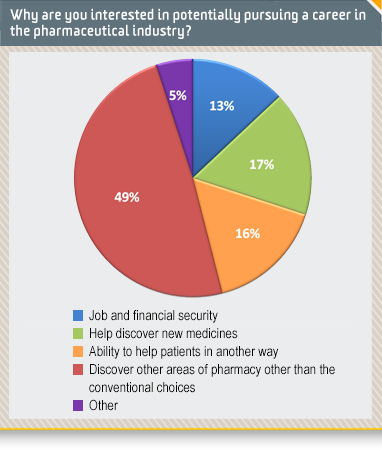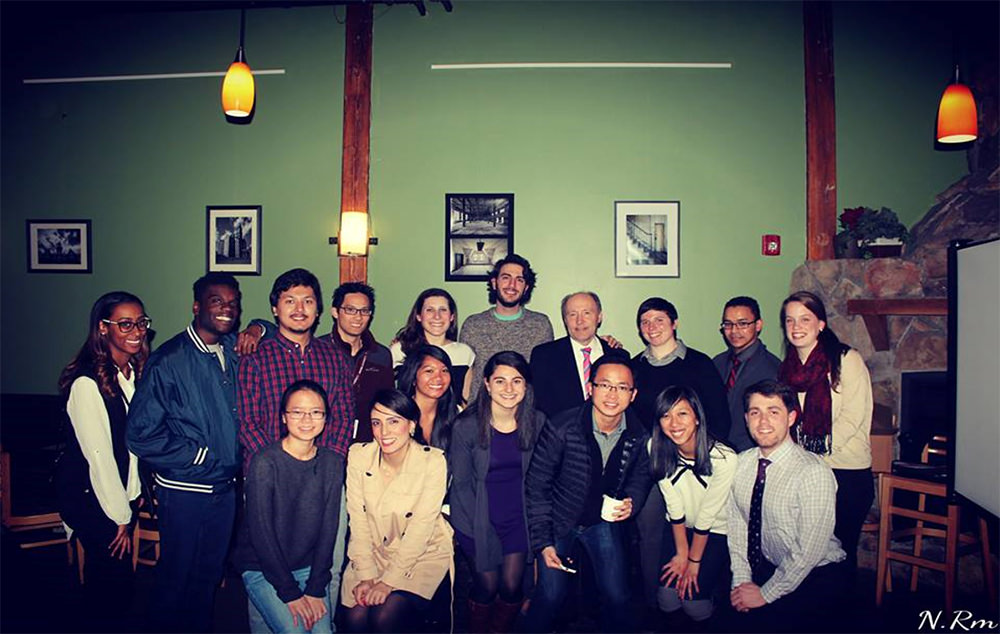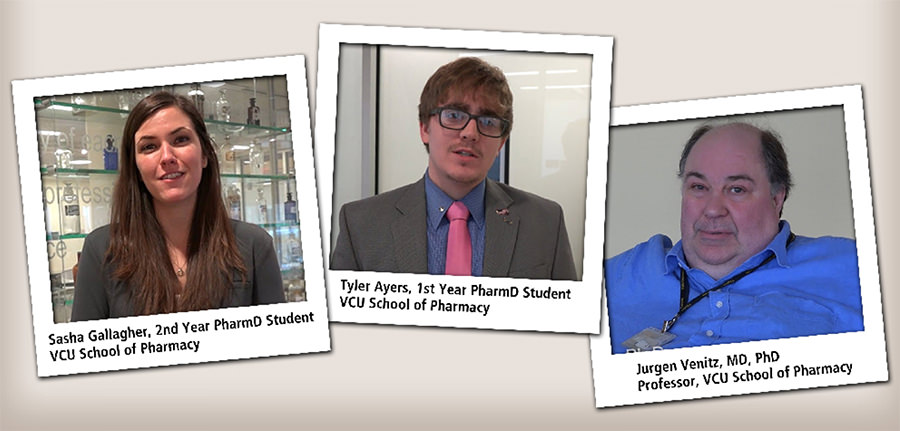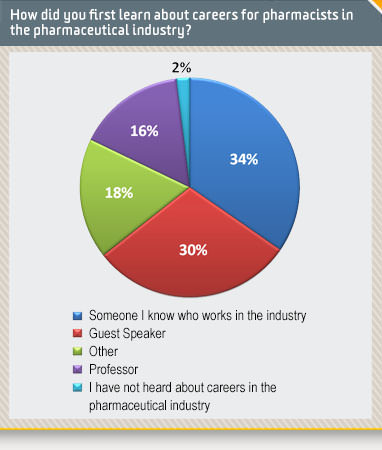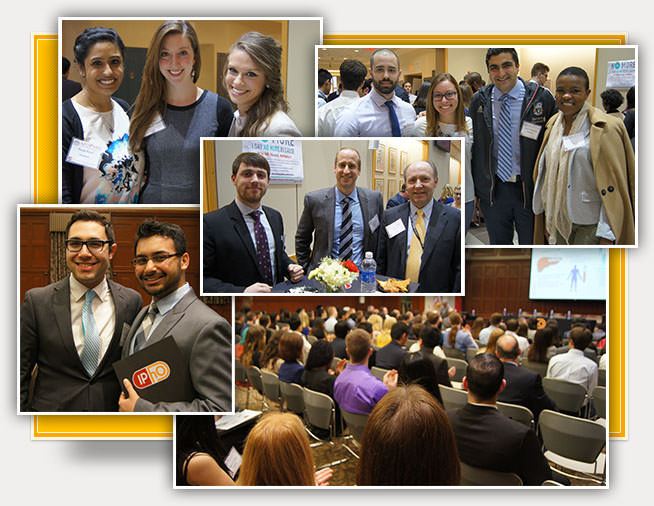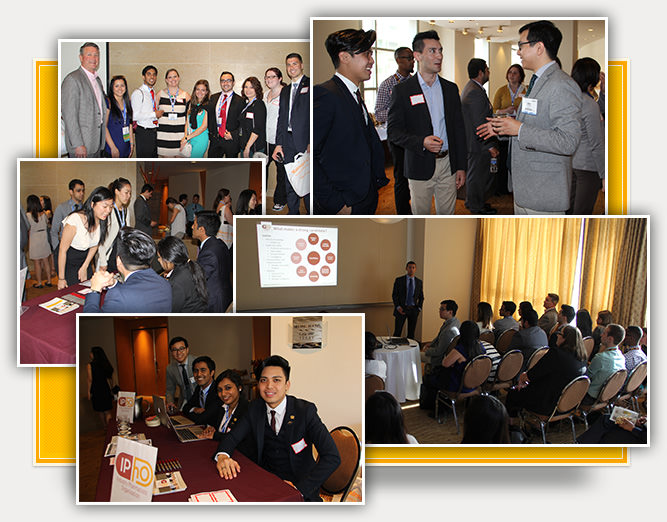The Midyear is approaching fast! As a service to IPhO Student National Members, the National Fellows Council is collecting your questions and answering them here on the website!
We want to answer YOUR question - please email us here: fellows@industrypharmacist.org
Please click or tap on "Read More" to view current Fellows' answers to the following questions:
- Are interviewers made aware of what other fellowships you are applying to via PPS, or is this question asked during interviews?
- If you don't click with one preceptor/fellow pair for one position at a reception, will that affect your chances of making a good impression with another fellow/preceptor pair (different position or not) at that company?
- Is it appropriate to offer my business card to a fellow/preceptor interviewer after an interview or reception? Or is that too aggressive/unprofessional by any means?
- How long after you request an interview on PPS do you receive a reply?
- Can you estimate the time you should stay at a reception if you plan on attending multiple?
- For Rutgers fellowship program, do I submit my letter of interest following the midyear? If so, when is the appropriate time to submit the letter of interest?
- Is it necessary for women to wear suits at interviews or is it ok for women to wear other business professional attire (not a jacket)?
- I have a brief phone call interview scheduled, and I'm not sure what to expect. What's the purpose of phone call interviews?
As a service to IPhO members, the National Fellows Council is pleased to provide professional guidance related to Midyear. Remember to submit more questions to: fellows@industrypharmacist.org
Are interviewers made aware of what other fellowships you are applying to via PPS, or is this question asked during interviews?
Fellowship programs will not know which other programs/positions you’ve applied to unless it’s within the same fellowship. Bear in mind however that interviewers most likely expect candidates to have applied to multiple programs. There’s nothing wrong with that. There’s also nothing wrong with applying for multiple positions within the same fellowship program especially if you are consistent with which functional areas/positions you apply to.
If you don't click with one preceptor/fellow pair for one position at a reception, will that affect your chances of making a good impression with another fellow/preceptor pair (different position or not) at that company?
You might not necessarily click with everyone you connect with at a reception or interview, but remember a decision on which candidates are offered positions will be a collective decision among all the stakeholders involved with the selection process. Hence, the more people you click with, the higher your chances of a favorable interview outcome. In addition, very few final decisions are made at the midyear. Your goal is to get an onsite interview, and that is also a group decision.
Is it appropriate to offer my business card to a fellow/preceptor interviewer after an interview or reception? Or is that too aggressive/unprofessional by any means?
It is appropriate to bring business cards to interviews and receptions and gives candidates a professional polish. Feel free to offer your card or ask for the fellow’s card first.
How long after you request an interview on PPS do you receive a reply?
This varies from program to program and from position to position. It could be immediately, or it could be weeks later.
Can you estimate the time you should stay at a reception if you plan on attending multiple?
It depends on how many receptions you need to attend. If it is more than two in one night you will need to make a plan of action. The most important thing is to stay long enough to have a meaningful interaction with the people you need to. Staying for about 30-45 minutes should be enough time.
For the Rutgers fellowship program, do I submit my letter of interest following the midyear? If so, when is the appropriate time to submit the letter of interest?
For the Rutgers Fellowship Program, you should submit your letter of interest immediately following Midyear. Ideally, you could upload it on the Wednesday or Thursday after the program receptions. Candidates submit one letter for the Rutgers Program, even if applying to multiple companies.
Is it necessary for women to wear suits at interviews or is it ok for women to wear other business professional attire (not a jacket)?
Students sometimes wear business professional attire other than suits to their interviews, depending on how it looks and how comfortable you are. However, please keep in mind that packaging is important. Your attire is a reflection of how you are as an individual and how serious you are regarding the position. Appearance matters!
If I have a brief phone call interview scheduled, and I'm not sure what to expect. What's the purpose of phone call interviews?
For most programs, there is a finite number of interviewing slots at midyear, and the number interested candidates exceeds it. The purpose of a phone call interview/screen is for the interviewer to assess whether or not you are a serious applicant. The questions will more likely be more general in an initial screening interview. Remember that your goal is to come across as enthusiastic and committed so that you are invited for more interviews!
